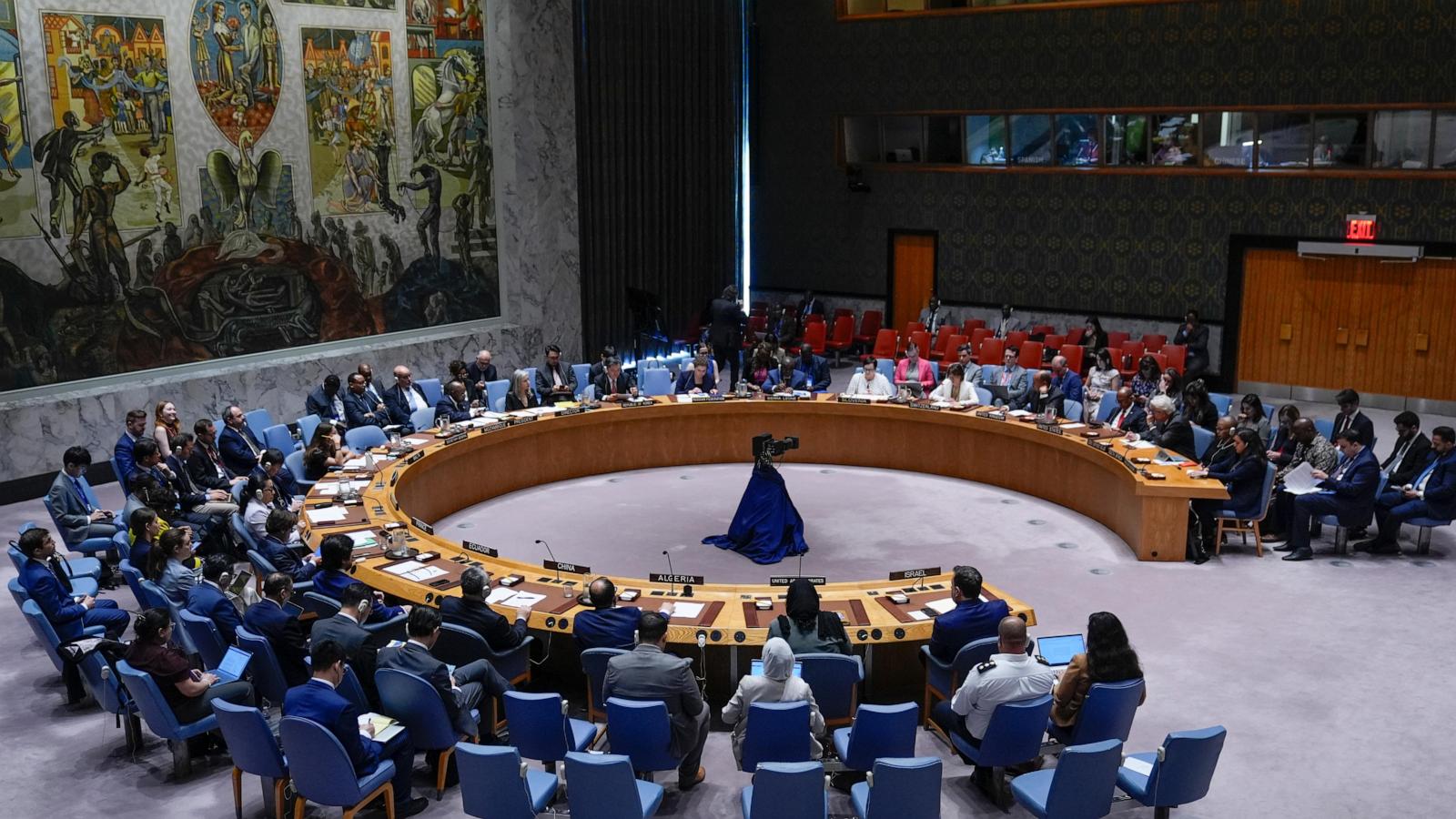President Biden’s plan, which was unveiled on May 31, outlines a process that starts with Hamas returning all remaining Israeli hostages and ends with Israel’s eventual withdrawal from Gaza.
However, this plan faces a number of diplomatic challenges, as neither Israel nor Hamas have fully endorsed the proposal, reflecting the deep-seated mistrust and competing interests that have prolonged the conflict. The Biden administration’s consideration of a separate deal with Hamas, which avoids Israel, emphasises the complexity of the situation.

Source: ABC News – The Walt Disney Company
Although controversial, this approach highlights a shift towards diplomacy rather than military action.The proposed resolution places emphasis on the need for continued negotiations in order to maintain a truce, with Qatar and Egypt being key players in this regard.
Washington won a diplomatic battle when the UN Security Council approved the plan on Monday, following Russia’s decision not to stop it. Israeli Prime Minister Benjamin Netanyahu is under increasing pressure due to domestic discontent, most notably after former Defense Minister Benny Gantz resigned from the emergency war cabinet due to Netanyahu’s management of the conflict.
Source: Al Jazeera English
Demands for a diplomatic settlement have increased as a result of hostage families’ demonstrations. During his regional tour, US Secretary of State Antony Blinken hopes to address humanitarian issues—like reopening the Rafah border crossing to aid Gaza—and win support for the peace agreement.
The larger strategic goal of preserving regional peace and resolving the humanitarian crisis is reflected in Blinken’s mission. The viability of the US approach hinges on its ability to negotiate the complex political terrain and win over both Israel and Hamas.
What do you think about this? Comment below.

